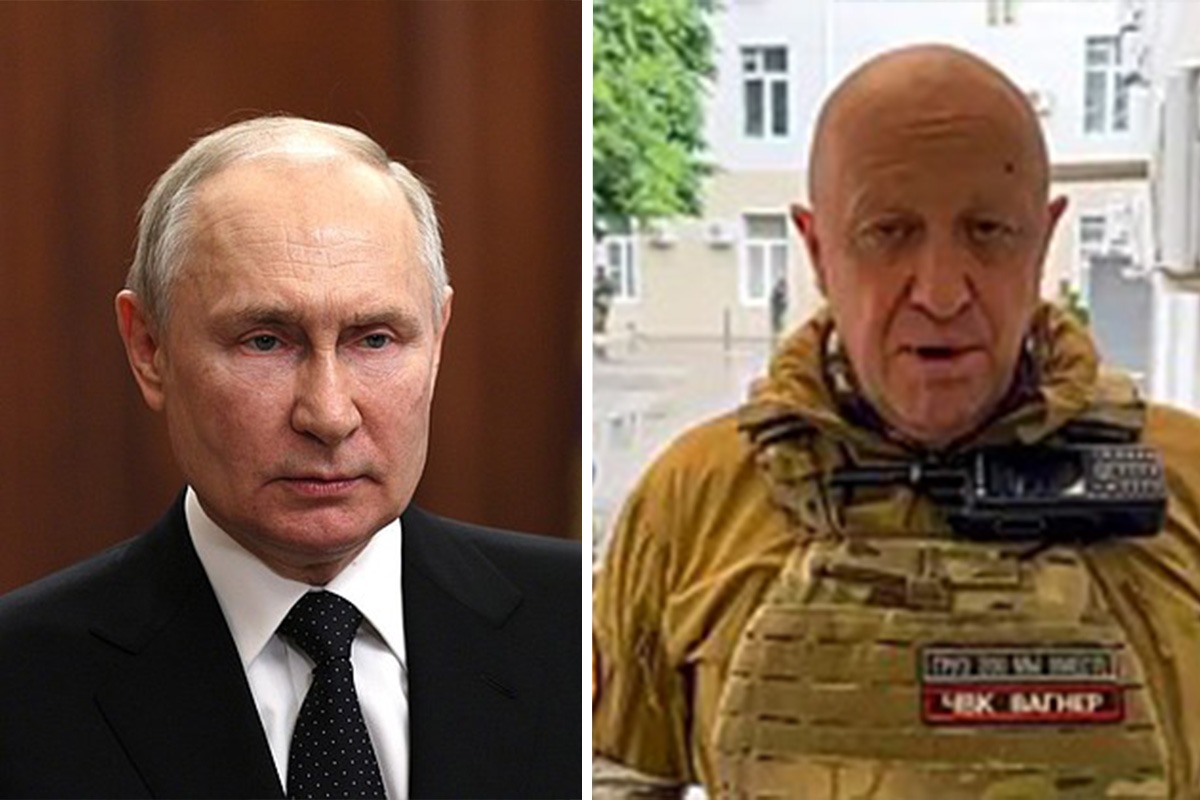NEW DELHI: In a stern statement issued by the Russian Foreign Ministry, Western countries have been cautioned against any attempts to exploit domestic crisis and Wagner’s rebellion for their “Russophobic goals”.
The statement highlights the resolute rejection of the attempted armed mutiny by Russian society and emphasizes the strong support for President Vladimir Putin. “The attempted armed mutiny in our country is resolutely rejected by Russian society, which strongly supports President of Russia Vladimir Putin. Reckless aspirations of the conspirators are essentially aimed at destabilising the situation in Russia, destroying our unity, and undermining the efforts of the Russian Federation to reliably ensure international security. Therefore, the mutiny plays into the hands of Russia’s external enemies,” read the statement.
“We warn Western countries against undertaking even the slightest attempts to use the domestic Russian situation to achieve their Russophobic goals. Such attempts would be futile and will find no resonance either in Russia or among reasonable political forces abroad,” it added.
The rebellion, led by Yevgeny Prigozhin, the leader of the Wagner mercenary group, claimed control of Rostov-on-Don, a city near the Ukrainian border. President Putin swiftly organized troops to counter what he referred to as an armed rebellion. However, the situation took a dramatic turn when the Wagner convoy, en route to Moscow, halted 120 miles away from the capital.
Belarusian officials revealed that President Alexander Lukashenko negotiated a deal with Prigozhin, under Putin’s guidance, to prevent further advancement.
Prigozhin’s call for citizens to join Wagner’s campaign against Russia’s military leadership escalated tensions, citing an alleged attack on a Wagner camp in Ukraine—an allegation refuted by Russia’s Ministry of Defense. The rebellion in Rostov-on-Don was seen as a significant challenge to Putin’s authority, prompting him to label it a “stab in the back” and brand Prigozhin a traitor. The Russian authorities have charged him with “organizing an armed rebellion.”
The Wagner Group, considered a private army of mercenaries, has been actively involved in the conflict alongside the regular Russian army in Ukraine. Previously sanctioned by the US Treasury Department for alleged interference in the 2016 and 2018 US presidential elections, Prigozhin has been a prominent figure in Russia’s political and military landscape.










